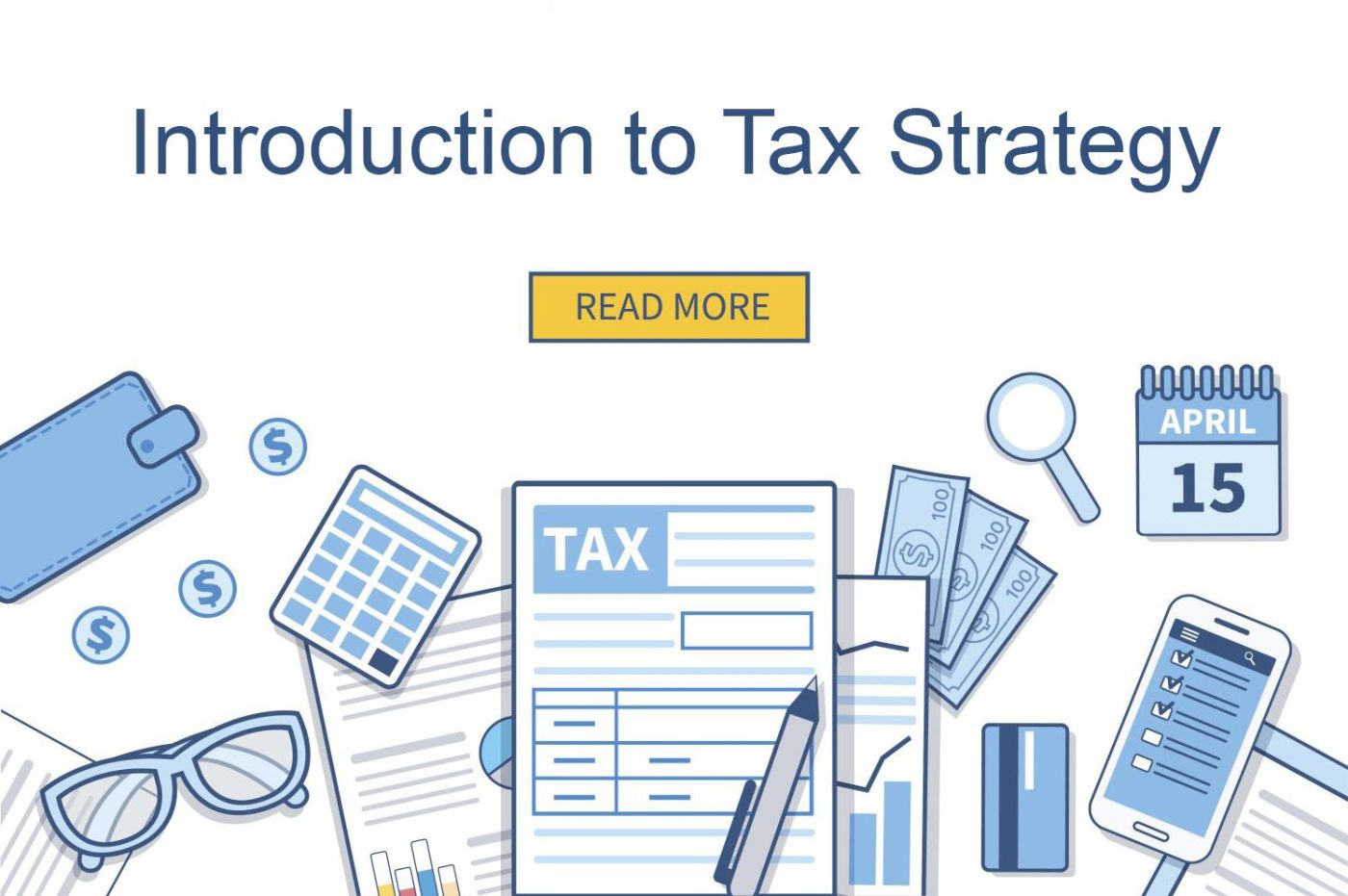
INTRODUCTION TO TAX STRATEGY
As you know, tax laws change often. Therefore, lowering your tax bill involves careful planning. In fact, there’s hardly an aspect of your financial situation—savings, education, real estate, investments, retirement funding, and estate planning—that isn’t influenced by changing tax law. In recent years, historic tax reform has provided significant savings for individuals, families, and investors. However, many of these opportunities are temporary.
This information has been developed to help you make the most of current, temporary tax breaks. In addition, we offer time-tested tips that cover every aspect of your financial situation in the short- and long-term. Our goal is to help you minimize your tax liabilities and maximize your potential savings.
LIFE CHANGES
Tax planning is especially important if your circumstances have changed over the past year. As you begin preparing your taxes, take a stroll down the front of Form 1040, and think about the life changes you have experienced in the past tax year.
Have you married or divorced in the past year? Near the top of the form, you must declare your filing status (single, married filing jointly, married filing separately, or head of household), which determines your marginal tax rate (the rate at which your last dollar of income is taxed).
Have you had a child, adopted a child, or assumed caregiving responsibilities? If so, the number of exemptions you claim, or dependents you support, may change.
Have you changed jobs, started a home business, or rented out your second home? There are more than a dozen types of income that you must report, as applicable to your situation.
Have you made payments on a mortgage, incurred medical expenses, or donated to charity? At the bottom of the form, you will list any deductions, which in turn reduce your total income to adjusted gross income (AGI).
As you can see, life changes are relevant to planning your tax strategies.
THE IMPORTANCE OF TIMING
Waiting until just before April 15 to start thinking about your taxes may prove to be a costly mistake. Like your financial strategy, your tax strategy operates in two-time frames—now and later. “Now” covers the 12 months of the current tax year. The specifics of your income and the deductions available to you will certainly change from year to year according to your changing circumstances, and you may be able to save money now by making small changes. “Later” covers long-range tax strategies that benefit your future, such as maximizing the tax-deferred savings offered by a qualified retirement plan like a 401(k). Either way, timing is critical, and your planning can make a significant difference.
By coordinating your tax strategies with your life changes and financial strategies, you may accomplish a variety of goals, such as buying a home, funding a child’s education, and funding your retirement.
